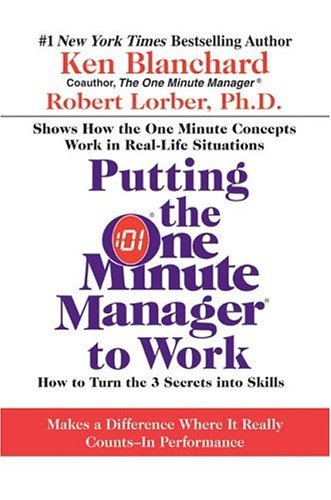
First, Break All the Rules: What the World's Greatest Managers Do Differently
Book Description
What if the key to extraordinary management lies in defying every convention? "First, Break All the Rules" shatters the traditional playbook, revealing the groundbreaking principles that the world’s greatest managers use to ignite passion and performance in their teams. Through riveting insights and compelling research, it uncovers how to harness individual strengths and challenge the status quo. Experience the tension between conformity and innovation as managers unlock the hidden potential of their people. Ready to challenge everything you thought you knew about leadership? What bold strategies will you embrace to rewrite the rules of success?
Quick Book Summary
"First, Break All the Rules" by Marcus Buckingham challenges established management principles by revealing what truly sets the world’s greatest managers apart. Drawing from extensive research by the Gallup Organization, the book identifies that top-performing managers focus on maximizing the unique strengths of their employees rather than fixing their weaknesses. Instead of enforcing rigid rules or attempting to standardize behavior, excellent managers cultivate an environment that nurtures individual talents and leverages them for exceptional performance. Buckingham advocates for a personalized approach to management, one that prioritizes meaningful outcomes, clarifies expectations, and motivates employees by recognizing their differences. In doing so, the book redefines traditional concepts of leadership and urges managers to break free from one-size-fits-all methods, adopting strategies that foster engagement, satisfaction, and productivity.
Summary of Key Ideas
Table of Contents
Focus on Strengths, Not Weaknesses
At the heart of "First, Break All the Rules" is the idea that great managers focus on strengths rather than weaknesses. Through massive Gallup studies, Buckingham shows that the most effective leaders help their people do more of what they naturally do best. Rather than attempting to mold employees into an idealized skill set, great managers recognize unique talents and integrate them into roles where they will thrive. This strengths-based philosophy forms the foundation for building high-performing and motivated teams.
Individualizing Management Approaches
The book emphasizes the importance of tailoring management to the individual. Instead of applying uniform processes or expecting everyone to respond similarly to motivational techniques, standout managers take time to understand each person's drives, aspirations, and work styles. By adapting their approach for each team member, managers unlock deeper commitment and productivity. This personalized attention fosters trust and demonstrates that people are valued for their distinct contributions, paving the way for better results.
Clear Expectations and Outcomes
Clear expectations emerge as another essential theme. The best managers clarify what outcomes are necessary and ensure employees know how to measure their own success. Rather than micromanage or dictate every action, they provide autonomy within a well-understood framework, allowing team members to own their work. This balance of freedom and accountability creates a sense of responsibility and encourages proactive problem-solving.
The Role of Engagement in Performance
Engagement stands out as a critical driver of organizational performance. Buckingham details how engaged employees are more productive, loyal, and innovative. The book explores key questions managers should ask to assess engagement levels, such as whether employees know what’s expected and whether they have the resources and support to excel. By continually measuring and nurturing engagement, managers create an environment where people are enthusiastic and committed.
Challenging Conventional Wisdom
Buckingham concludes by urging leaders to question traditional management doctrines. The greatest managers don’t blindly follow rules; instead, they challenge assumptions and are willing to break norms in pursuit of better results. Whether it’s how promotions are granted or which talents are rewarded, they look for unconventional ways to unlock potential. The book serves as a call to action for leaders to embrace bold, evidence-based strategies that prioritize people over process, transforming teams and organizations alike.
Download This Summary
Get a free PDF of this summary instantly — no email required.





